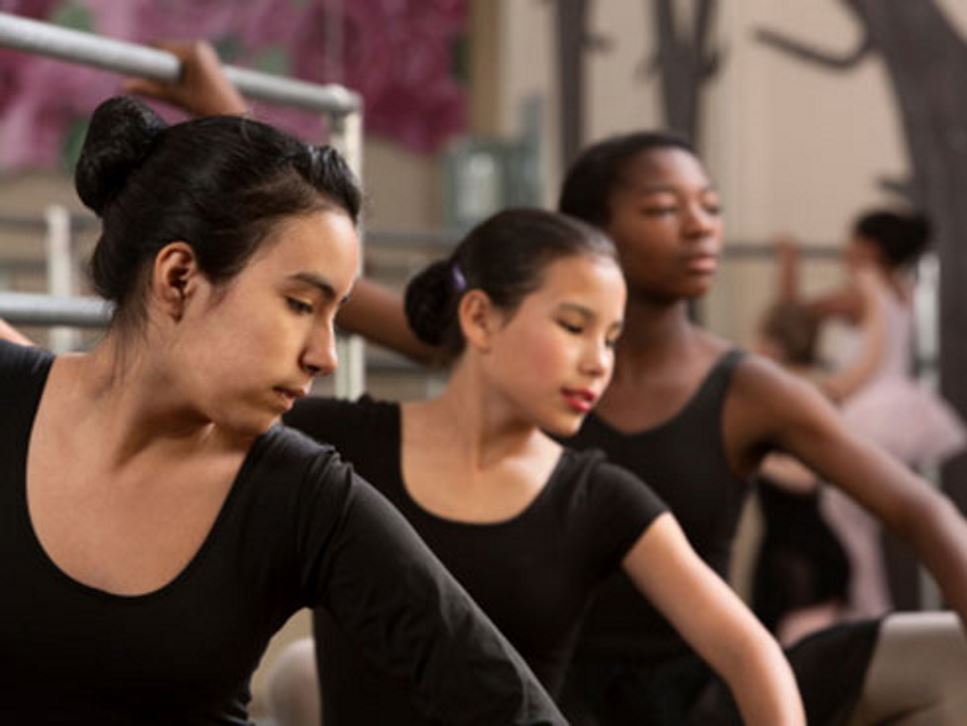
Optimizing the Health and Performance of Dancers
Clinical support, including nutritional advice needs to be tailored to meet these dance specific and individual dancer requirements.
Member Price $24.00
Nonmember Price $54.00
0 item(s) Subtotal $0,00

Clinical support, including nutritional advice needs to be tailored to meet these dance specific and individual dancer requirements.
Member Price $24.00
Nonmember Price $54.00
Student Member Price: $10.00
Dance is unique in terms of the physical and mental demands that present dancers from an early age of training. Clinical support, including nutritional advice needs to be tailored to meet these dance specific and individual dancer requirements. Healthcare practitioners also need to be aware and alert to low energy availability which can have negative effects on health and performance of dancers, if not identified promptly and appropriate support implemented.
Planned with the Committee for Lifelong Learning
CPE Level: Level 3 (advanced knowledge/expertise)
CPEU: 1.0
Performance Indicators
From seasonal specials celebrating commemorative events and awareness campaigns to sales on soon-to-expire CPE activities and book titles for which new editions are just around the corner, don't miss this opportunity to grab cutting-edge resources at discounted prices.